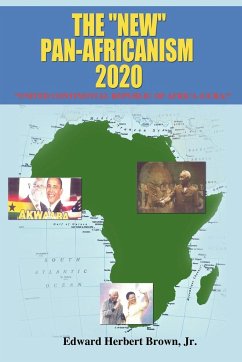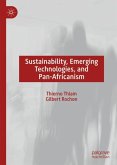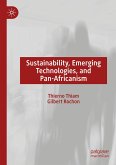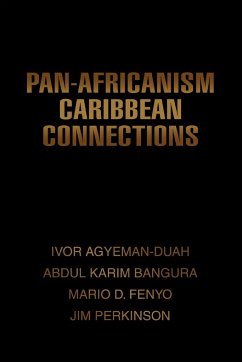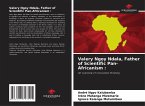"African problems are our problems and our problems are African problems" -Malcolm X, at the OAU, July 1964 With eighteen African countries celebrating the 50th Anniversary of their political independence in 2010 alone, and another sixteen African countries joining them with 50th Anniversary celebrations between now and 2020, the political unification of the African Continent has become inevitable. As we move "forward ever" on this pan African journey we stand on the shoulders the 52 African nations that have waged successful struggles for political independence over the past 60 years and the most significant pan African visionary leaders of the 20th century. In this regard Marcus Garvey, Kwame Nkrumah and Malcolm X stand alone as giants. The Organization of African Unity (OAU), in the 20th century failed to achieve the noble goals of Garvey and Nkrumah for the political unification of Africa and the establishment of a united continental government. The OAU's replacement organization, the African Union, in the first decade of the 21st century, has done no better. Here lays the great challenge of African people, worldwide, in the first quarter of the first century of the new millennium. Africa is a vast and mighty continent that is rich in people and rich in resources. Its land mass is 11.7 million squares miles which is three and a half times that of the continental United States and large enough to hold to combined land masses of the United States, Europe, China, India and Argentina. It is the home of one billion African people coming from 800 ethnic groups and speaking 1,000 native languages. English is also widely spoken. The continent has inherited 54 political subdivisions from colonialism. Africa has the highest population growth rate in the world and 34 of the 40 countries worldwide with the highest growth rates are in Africa. The population of Africa is projected to be 1.3 billion by 2025 and 2.2 billion by 2050. The 2.2 billion figure means that Africa's population in 2050 will be more than double its 2010 population and larger than the projected populations of China, India, the United States and Europe, at the mid point of this century, which will be 1.4 billion; 1.6 billion; 403 million; and 691 million respectively. It is self-evident that a politically United Africa will immediately emerge as a world power with, enhanced self-reliance; a greater capacity to protect its emerging democratic order; and be better posed to make its special contributions to the advancement of humanity as a whole. "The New Pan Africanism-2020" is an uplifting and empowering book that takes a fresh perspective on Pan Africanism. This perspective is not always in keeping with traditional pan African analysis. Armed with a positive outlook that reveals the most important moments of relevance in our pan African history, while keeping its eyes firmly focused on the future, a critical path for African Unification is identified with a specific endpoint for its achievement. The New Pan Africanism is African continentally based but global in scope. For this reason it might best be described as Universal Pan Africanism. In this context, this book is built around recent addresses that I have given to audiences of Africans born on the African Continent, as well as, African Americans and Caribbean islanders born in the African Diaspora. The primary focus on all occasions has been the timely political unification of the African continent. Together these speeches constitute a Pan African Manifesto. Hence, the strategic goal of this book to present a succinct and powerful case that will serve to inspire and ignite a transatlantic pan African movement of young people who will see it as their prime directive, and generational mission, to bring a United Africa into political existence in our lifetime This is an idea whose time has come and this book is a call for action.
Hinweis: Dieser Artikel kann nur an eine deutsche Lieferadresse ausgeliefert werden.
Hinweis: Dieser Artikel kann nur an eine deutsche Lieferadresse ausgeliefert werden.
